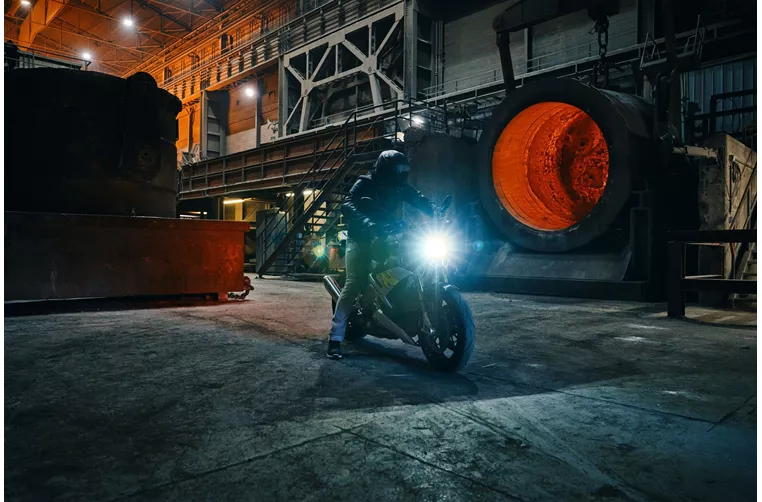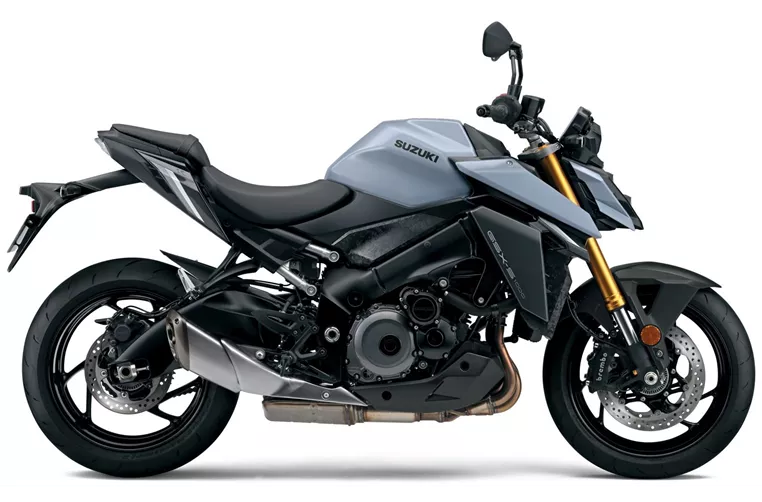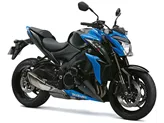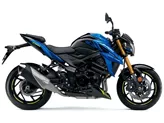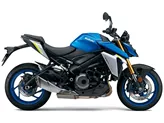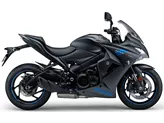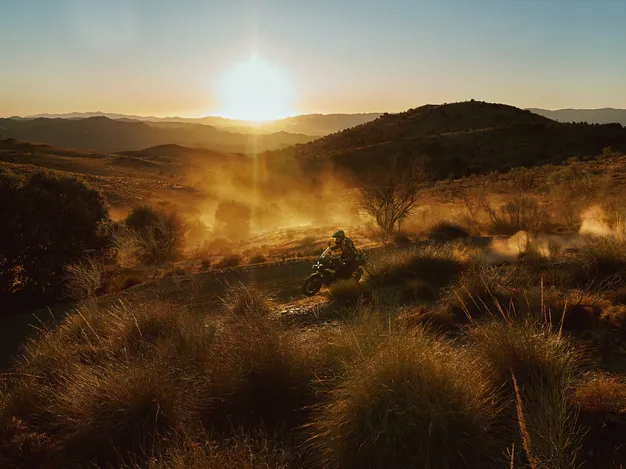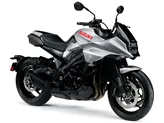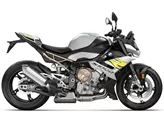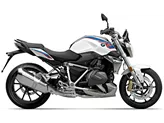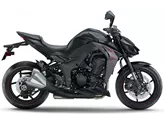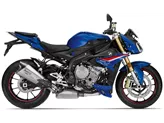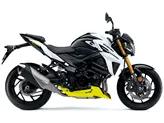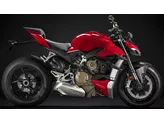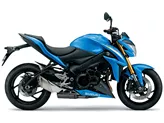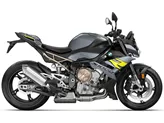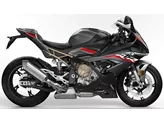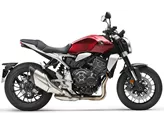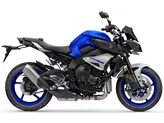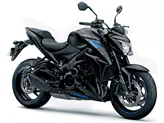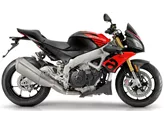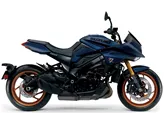BMW S 1000 R 2021 vs. Suzuki GSX-S1000 2022
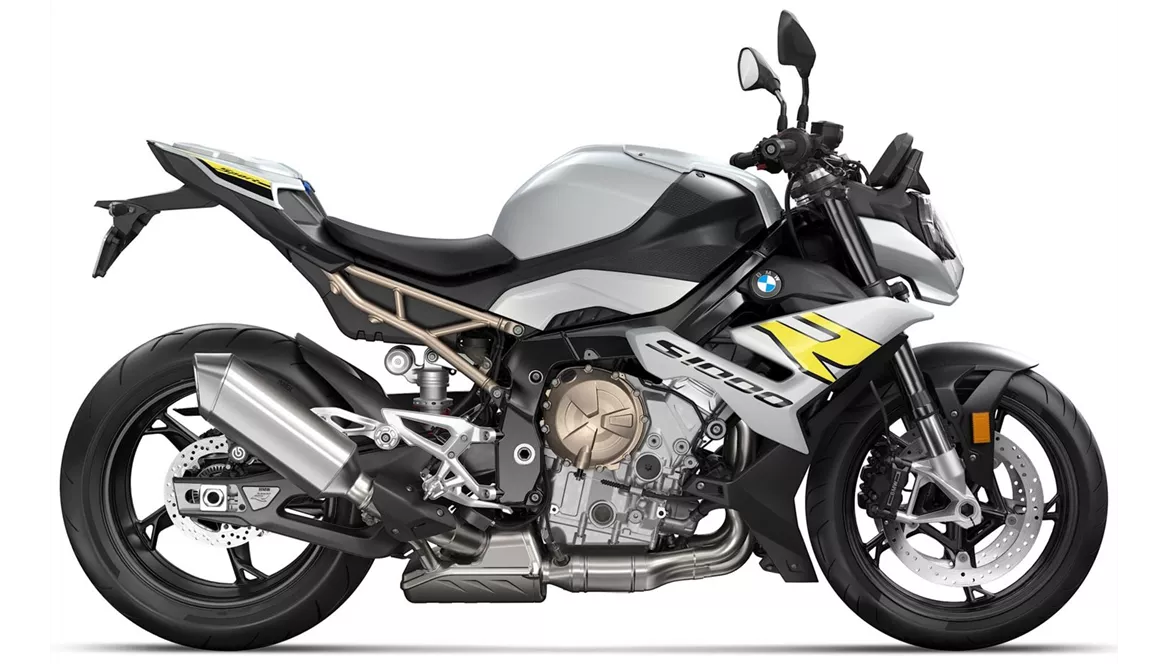
BMW S 1000 R 2021
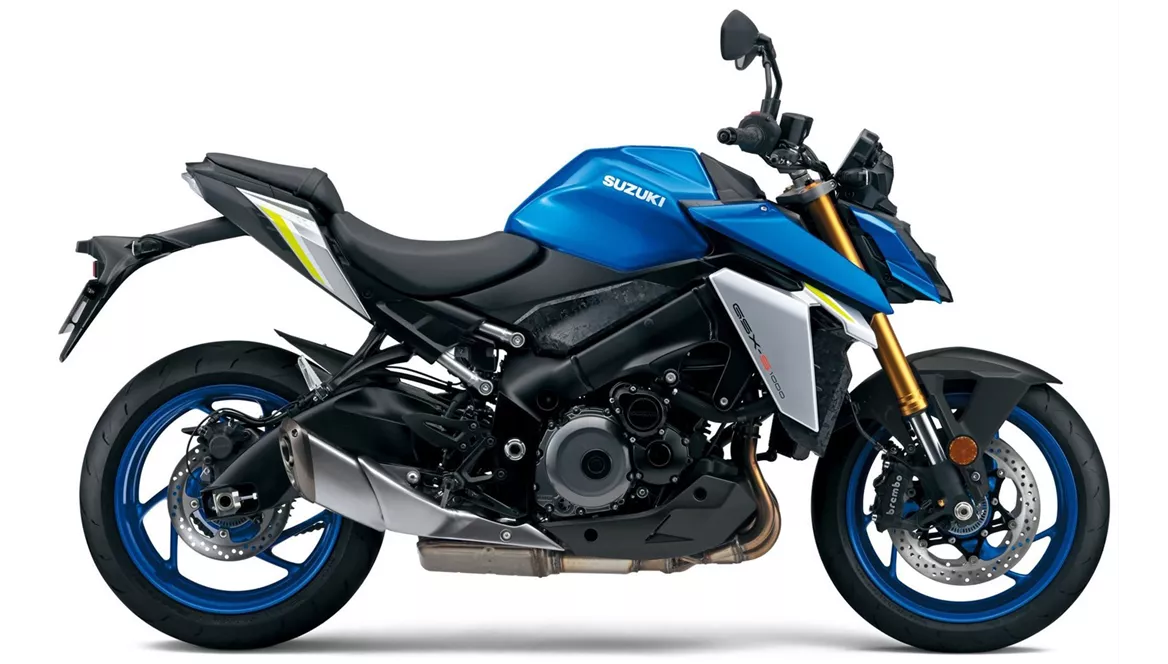
Suzuki GSX-S1000 2022
Overview - BMW S 1000 R 2021 vs Suzuki GSX-S1000 2022
The BMW S 1000 R 2021 and the Suzuki GSX-S1000 2022 are both naked bikes with similar engine types, displacements, and cooling systems. However, there are several differences between the two models.
In terms of engine power, the BMW S 1000 R 2021 boasts 165 HP, while the Suzuki GSX-S1000 2022 has 152 HP. This gives the BMW a slight advantage in terms of sheer power.
When it comes to torque, the BMW S 1000 R 2021 offers 114 Nm, while the Suzuki GSX-S1000 2022 provides 106 Nm. Again, the BMW has a slight edge in this category.
Both bikes feature fuel injection systems and four cylinders, ensuring efficient and smooth power delivery. They also have liquid cooling systems to prevent overheating during long rides.
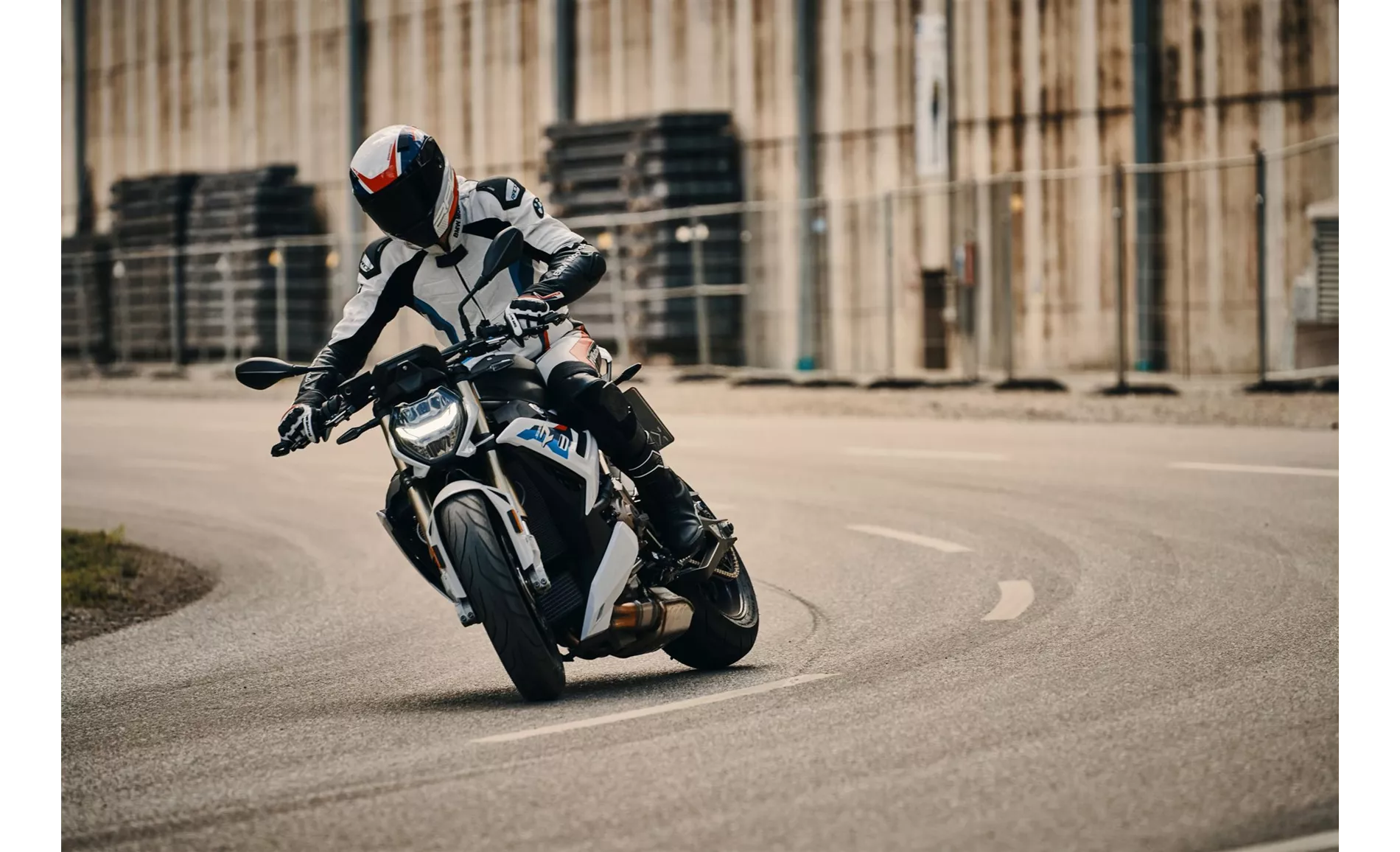
BMW S 1000 R 2021
In terms of suspension, both bikes feature upside-down telescopic forks at the front and swing arm suspensions at the rear. The BMW S 1000 R 2021 offers adjustable compression, preload, and rebound settings for both the front and rear suspensions. On the other hand, the Suzuki GSX-S1000 2022 only offers adjustable preload and rebound settings for the rear suspension.
Both bikes have aluminum frames with twin tube designs, providing a balance between rigidity and weight. This contributes to their overall handling and maneuverability.
When it comes to braking systems, both bikes feature double disk brakes at the front with four pistons. However, the BMW S 1000 R 2021 has larger front brake disks with a diameter of 320 mm, while the Suzuki GSX-S1000 2022 has slightly smaller front brake disks with a diameter of 310 mm. Additionally, the BMW utilizes radial technology for its front brakes, while the Suzuki uses radial and monoblock technology.
In terms of advanced rider assistance systems, the BMW S 1000 R 2021 offers a comprehensive package that includes ABS, hill start assist, riding modes, cornering ABS, ride by wire, traction control, and anti-wheelie. On the other hand, the Suzuki GSX-S1000 2022 has a more limited package that includes ABS, riding modes, ride by wire, shift assistant with blipper, and traction control. The BMW's system is more advanced and offers a wider range of features.
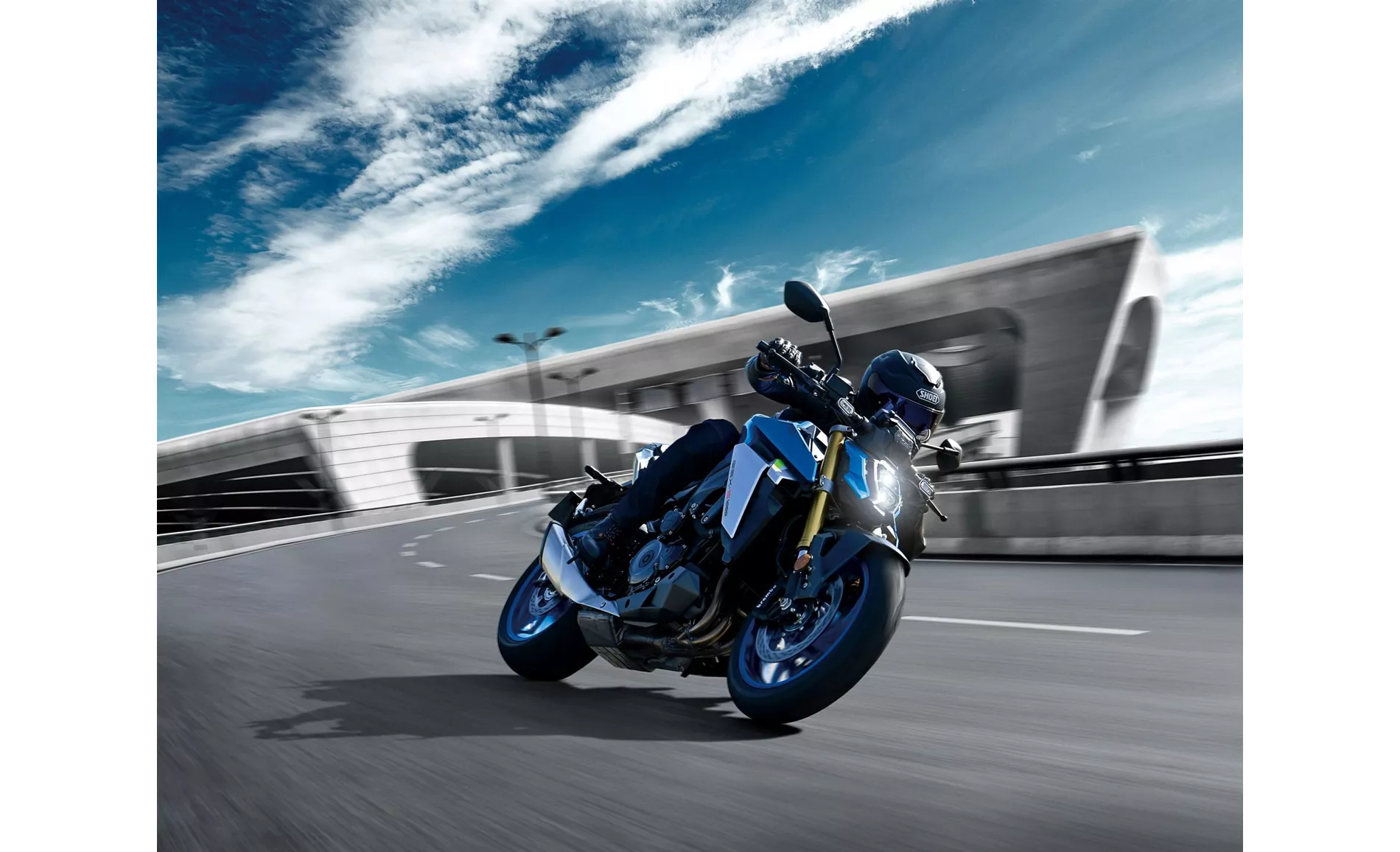
Suzuki GSX-S1000 2022
In terms of dimensions and weights, both bikes have the same front and rear tire widths and diameters. However, the Suzuki GSX-S1000 2022 has a slightly longer wheelbase of 1460 mm compared to the BMW S 1000 R 2021's 1450 mm. The seat height of the Suzuki is also slightly lower at 810 mm compared to the BMW's 830 mm. Additionally, the Suzuki is slightly heavier with a kerb weight of 214 kg compared to the BMW's 199 kg. However, the Suzuki has a larger fuel tank capacity of 19 liters compared to the BMW's 16.5 liters.
In terms of strengths, the BMW S 1000 R 2021 is praised for its powerful engine, good brakes, comfortable ergonomics, and high-performance optional extras. It is also considered a great all-rounder. On the other hand, the Suzuki GSX-S1000 2022 is praised for its superior engine, excellent shift assistant with blipper, balanced handling, bold design, comfortable seating position, and attractive price.
In terms of weaknesses, the BMW S 1000 R 2021 is criticized for its quickshifter not being perfect and its sound still being a bit intrusive. It also has some vibrations in the handlebars. On the other hand, the Suzuki GSX-S1000 2022 is criticized for its less comprehensive electronics package, lacking a 6-axis IMU and cornering ABS. Its instruments on the handlebars are also considered somewhat antiquated, and the display is not particularly easy to read.
Overall, both the BMW S 1000 R 2021 and the Suzuki GSX-S1000 2022 have their own strengths and weaknesses. The BMW offers more advanced rider assistance systems and slightly better performance, while the Suzuki provides a more affordable option with a strong engine and comfortable riding position. It ultimately comes down to personal preference and priorities when choosing between the two models.
Technical Specifications BMW S 1000 R 2021 compared to Suzuki GSX-S1000 2022
Pros and Cons in comparison
Pros and Cons in comparison
BMW S 1000 R 2021
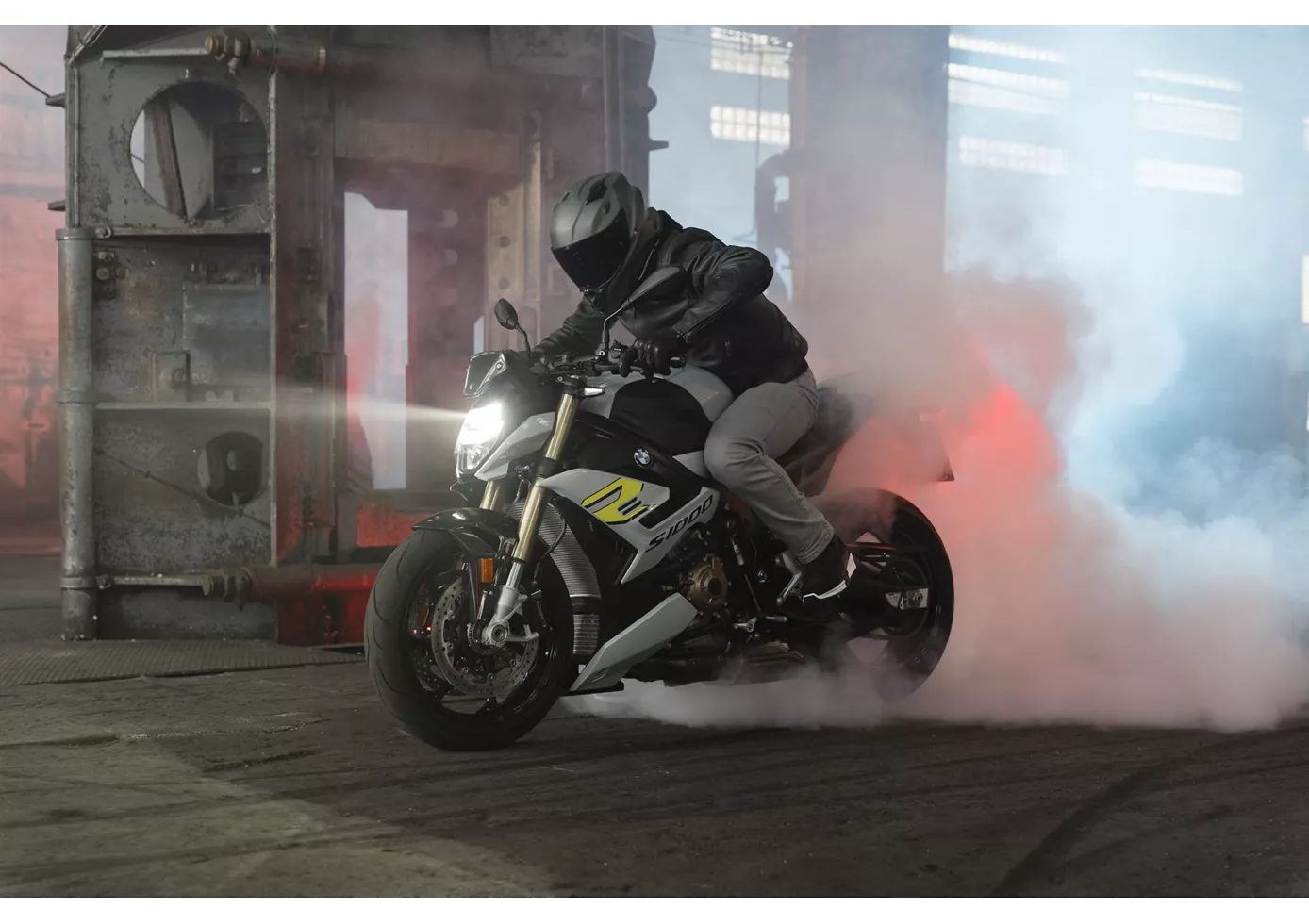
It's really impressive how BMW always manages to make good motorbikes even better. The sporty S 1000 R with M package and carbon rims looks a bit threatening at first. But even in 2021, the S 1000 R serves up high-tech and performance in a grandiose, usable dosage. The machine rides precisely, handles well but is not tippy. The engine fires out of the corners, but does not overtax. A damn fast motorbike!
Suzuki GSX-S1000 2022
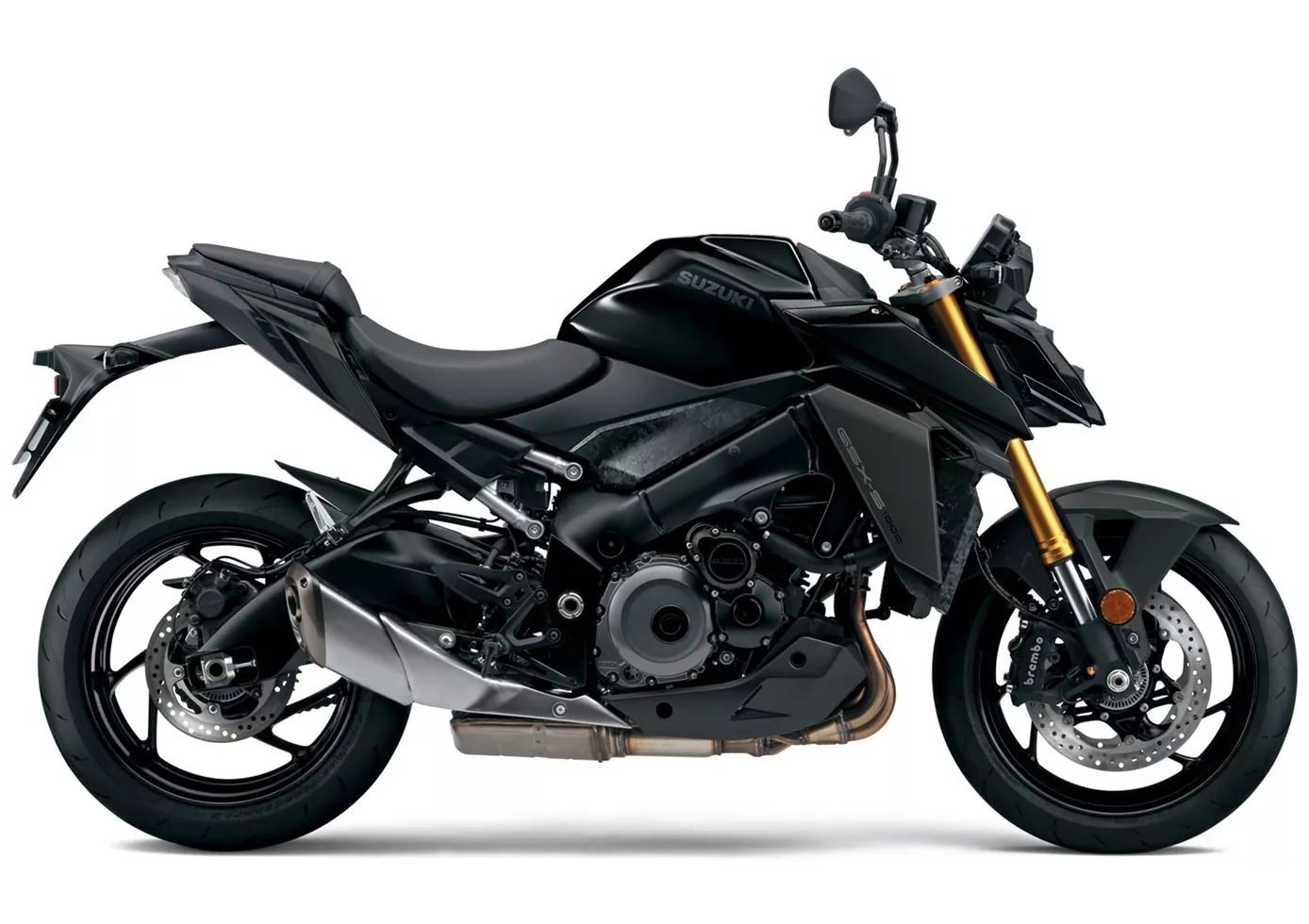
The new GSX-S1000 is an old acquaintance in terms of basic design - the engine and chassis are still from the predecessor. However, the machine has been modernised in many areas and presents itself at an extremely high level, especially visually. Although the engine cannot compete in the league of the super-potent Hyper Nakeds, it functions very harmoniously and powerfully enough. The conventional chassis also strikes a successful compromise between sportiness and comfort. The hammer arguments are definitely the successful design, the standard quickshifter with blipper and, last but not least, the comparatively low price.
Price Comparison Avarage Market Price BMW S 1000 R vs Suzuki GSX-S1000
There are a few key differences between a BMW S 1000 R 2021 and a Suzuki GSX-S1000 2022. In terms of price, the actual average price of a BMW S 1000 R 2021 is about 32% higher. Compared to Suzuki GSX-S1000 2022 there are less BMW S 1000 R 2021 bikes available on the 1000PS.de Marketplace, specifically 15 compared to 28. It takes less time to sell a BMW S 1000 R with 67 days compared to 130 days for a Suzuki GSX-S1000. Since model year 2014 1000PS.de editors have written 62 reviews for the BMW S 1000 R and 36 reviews for the Suzuki GSX-S1000 since model year 2015. The first review for the BMW S 1000 R was published on 11/3/2013 and now has more than 17,300 views. This compares to more than 17,100 views for the first review on Suzuki GSX-S1000 published on 9/27/2014.
